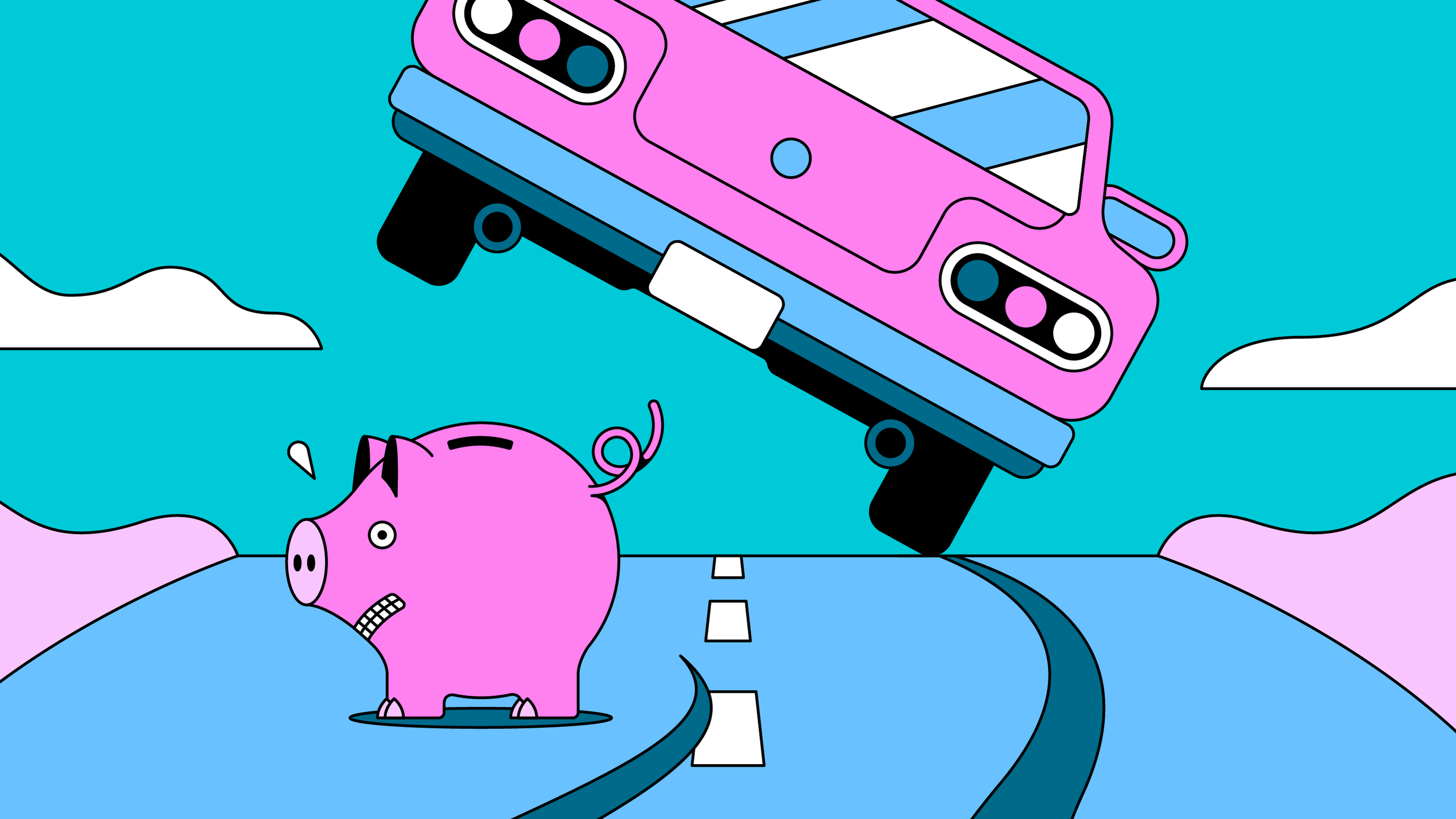Should You Consider Car Insurance Linked to Distance and Driving Style?
Introduction
Car insurance is an essential aspect of owning a vehicle, providing financial protection in case of accidents, damage, or theft. Traditionally, car insurance premiums have been calculated based on factors such as the age of the vehicle, the driver’s age, and their driving history. However, with advancements in technology and the availability of telematics devices, insurers are now exploring innovative ways to determine insurance premiums. One such approach is car insurance linked to distance and driving style. In this article, we will explore the concept of pay-as-you-drive car insurance and discuss whether it is a viable option for car owners.
Understanding Pay-As-You-Drive Car Insurance
Pay-as-you-drive car insurance, also known as usage-based insurance, is a type of insurance policy that allows car owners to pay premiums based on their actual mileage and driving behavior. Instead of paying a fixed annual premium, policyholders can set a mileage limit for their vehicle and receive discounts on the premium accordingly. The lower the mileage limit, the higher the discount.
To implement pay-as-you-drive insurance, insurance companies install telematics devices in the insured vehicles. These devices collect data on various parameters, including mileage, speed, acceleration, braking, and cornering. The data is then analyzed to evaluate the driving behavior of the policyholder. Based on this analysis, insurers can offer discounts to careful drivers and penalize those with risky driving habits.
Benefits of Pay-As-You-Drive Car Insurance
Pay-as-you-drive car insurance offers several benefits for car owners, including:
Cost Savings
One of the main advantages of pay-as-you-drive insurance is the potential for cost savings. If you don’t drive frequently or have multiple vehicles, you can benefit from lower premiums by opting for a mileage limit that accurately reflects your usage. This can result in significant savings compared to traditional insurance policies where you pay a fixed premium regardless of your actual mileage.
Personalized Premiums
Pay-as-you-drive insurance allows insurers to personalize premiums based on individual driving behavior. If you are a careful driver with good driving habits, you may be eligible for higher discounts on your premiums. This incentivizes safe driving practices and can lead to reduced accident rates.
Flexibility
Another advantage of pay-as-you-drive insurance is the flexibility it offers. Policyholders can choose the mileage limit that suits their needs and adjust it as necessary. If you find yourself driving more than expected, you can upgrade to a higher mileage limit or switch to a regular unlimited policy.
Data-Driven Feedback
Telematics devices used in pay-as-you-drive insurance provide valuable feedback on driving behavior. Policyholders can access this data through mobile apps or online portals, allowing them to monitor their driving habits and make improvements if needed. This feedback can help create awareness about risky driving behaviors and encourage safer driving practices.
Limitations and Considerations
While pay-as-you-drive car insurance has its benefits, it’s important to consider the limitations and potential drawbacks before opting for this type of policy:
Limited Discounts
The discounts offered on pay-as-you-drive insurance premiums may not be as significant as expected. In some cases, the difference in premium between low mileage limits and unlimited policies may be relatively small. It’s essential to compare the potential savings with the inconvenience of monitoring and managing mileage limits.
Privacy Concerns
Telematics devices used to collect driving data raise privacy concerns for some car owners. These devices track and record information about your driving habits, including your location and speed. Before opting for pay-as-you-drive insurance, it’s crucial to understand the data collection practices of the insurance company and ensure that your privacy is protected.
Upgrade Timing
If you choose a low mileage limit and end up exceeding it, you may need to upgrade to a higher limit or switch to a regular policy. However, this upgrade must be done before any mishap or claim incident occurs. Once an accident or claim has been filed, it may not be possible to upgrade the policy.
Conclusion
Pay-as-you-drive car insurance offers a unique approach to calculating insurance premiums based on actual mileage and driving behavior. It can provide cost savings and personalized premiums for car owners, promoting safer driving practices and reducing accident rates. However, it’s essential to carefully consider the potential savings, privacy concerns, and upgrade timing before opting for this type of policy. As with any insurance decision, it’s advisable to compare quotes from different providers and assess the overall value and benefits of pay-as-you-drive car insurance for your specific needs.




